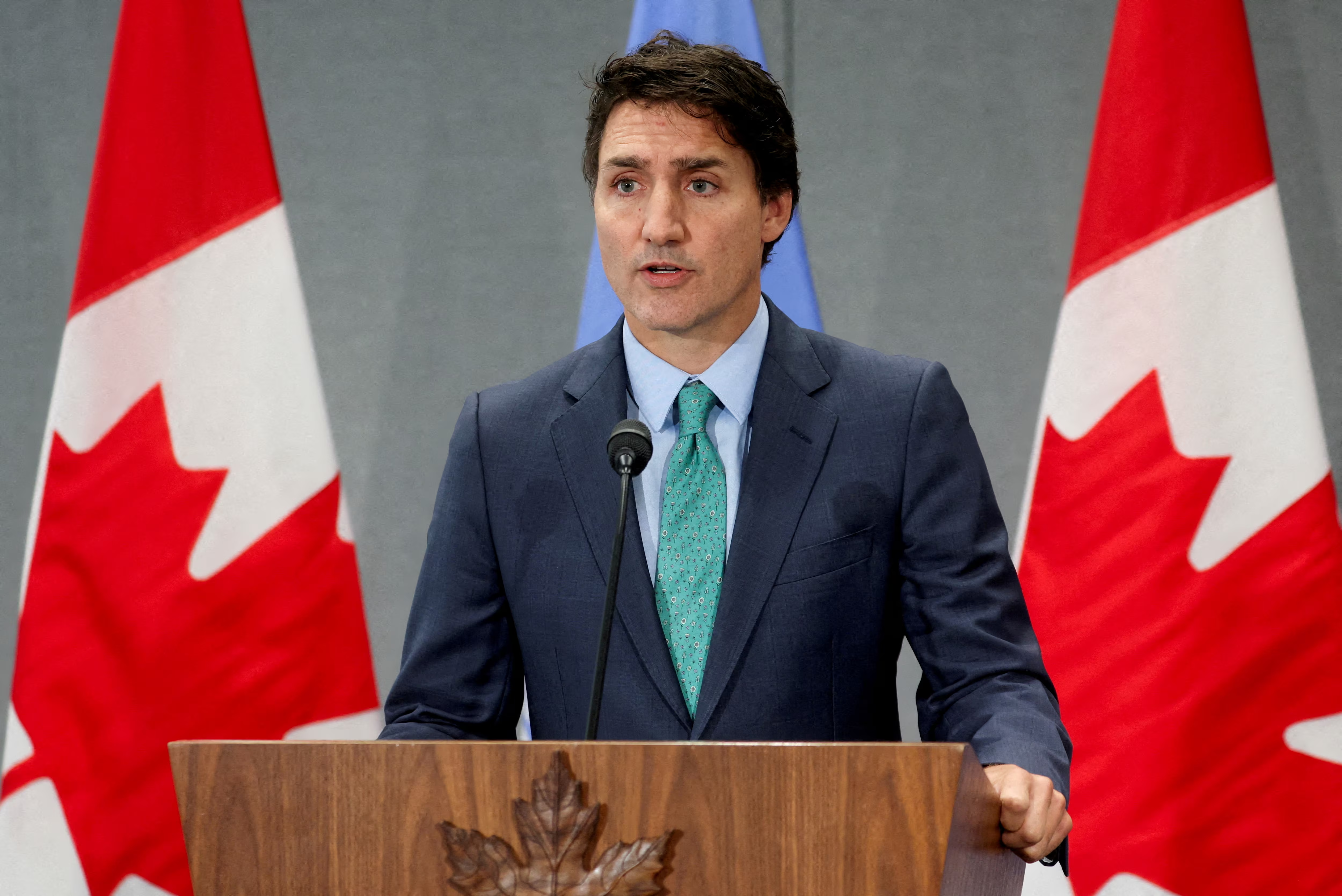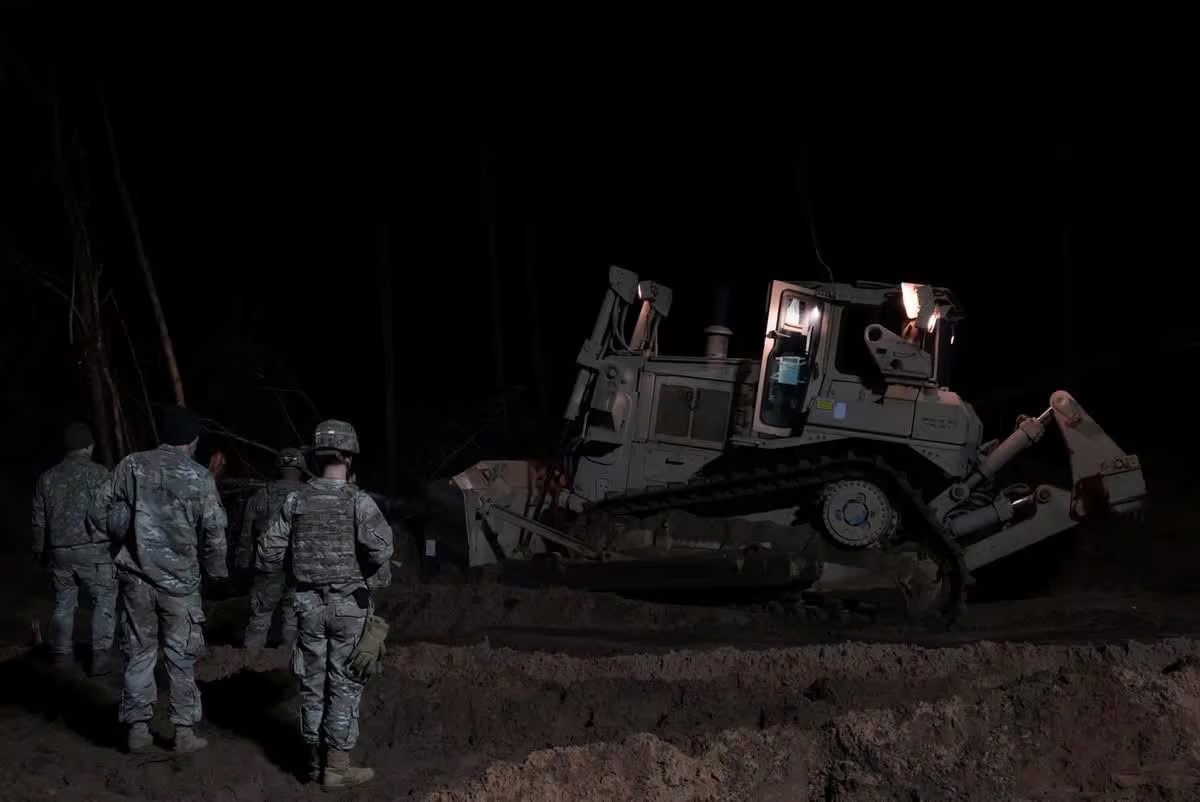
Donald Trump may not have been personally under investigation back in February, however it looks like he is now.
According to a report from the Washington Post, special counsel Robert Mueller will investigate the 45th president of the United States for obstruction of justice. This new revelation however is in addition to the ongoing investigation into potential Russian meddling into the 2016 U.S. Presidential election, collusion with the Kremlin and possible financial crimes committed by those association with the Trump campaign.
Via the Washington Post:
The special counsel overseeing the investigation into Russia’s role in the 2016 election is interviewing senior intelligence officials as part of a widening probe that now includes an examination of whether President Trump attempted to obstruct justice, officials said.
The move by special counsel Robert S. Mueller III to investigate Trump’s conduct marks a major turning point in the nearly year-old FBI investigation, which until recently focused on Russian meddling during the presidential campaign and on whether there was any coordination between the Trump campaign and the Kremlin. Investigators have also been looking for any evidence of possible financial crimes among Trump associates, officials said.
Ironically, the investigation into possible obstruction of justice by Donald Trump happened just days after the President fired then FBI director James Comey on May 9th. The irony there is during Comey’s testimony last week the former director confirmed he told Mr. Trump that he wasn’t under investigation during the now infamous winter meetings between the two earlier in the year.
As part of the investigation, according to the Washington Post who cites officials on the condition of anonymity, director of national intelligence Daniel Coats, the head of the NSA Mike Rogers, and Rogers’ recently departed deputy, Richard Ledgett have all agreed to speak with Mueller’s team as early as this week. However it’s unclear how much each of those individuals will reveal in regards to their conversations with the White House or whether they’ll be instructed to invoke executive privilege to protect the President. Judicial experts however have pointed to legal precedent set forth by the Supreme Court during the Watergate scandal when it was determined officials cannot use executive privilege to withhold vital information and evidence from investigators.









